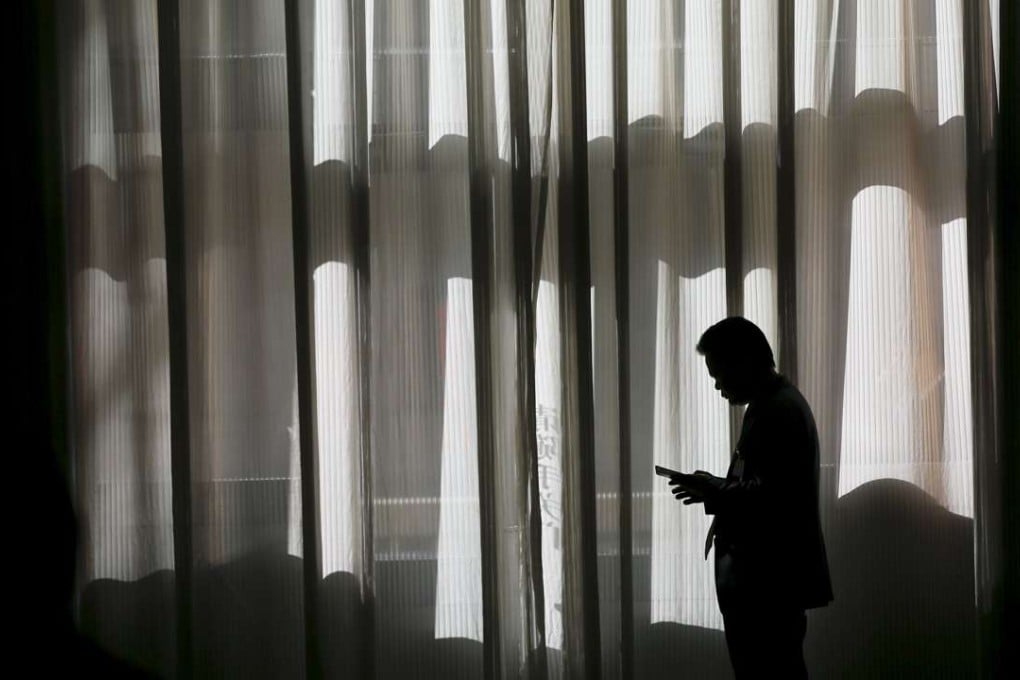How do you frustrate a CIA hacker? Show them Chinese
New WikiLeaks documents reveal US government agent stymied by a dialogue box in Chinese during an attempted hack

How do you frustrate a CIA hacker? Show them Chinese.
In one of the 8,761 new documents released by WikiLeaks on Tuesday, which exposed the CIA’s global cyberespionage operations on an unprecedented scale, an agent on China missions lamented the language barrier.
“I do not speak Chinese,” he wrote in an internal post in 2014. The confidential documents and files released by WikiLeaks were said to have come from an isolated, high-security cyberattack facility operated by the CIA’s Centre for Cyber Intelligence in Langley, Virginia.
WikiLeaks had replaced the names of actual persons with code numbers.
A dialogue box in Chinese had kept popping up on screen as the agent tried to install a test program on a computer running the Windows operating system. Unable to understand what the box said, he tried everything from setting the system region to an English-speaking zone to forcing the program installer to use English.
The agent seemed to be experienced, having worked at the facility since 2009, according to a log of his or her activities in the WikiLeaks documents.